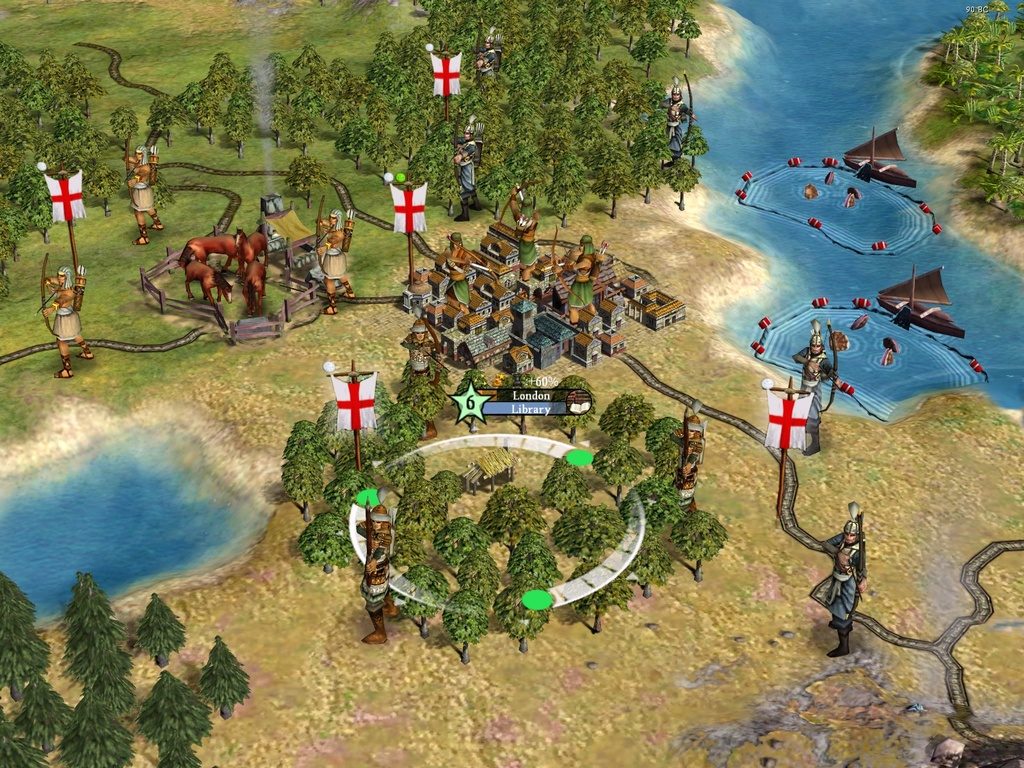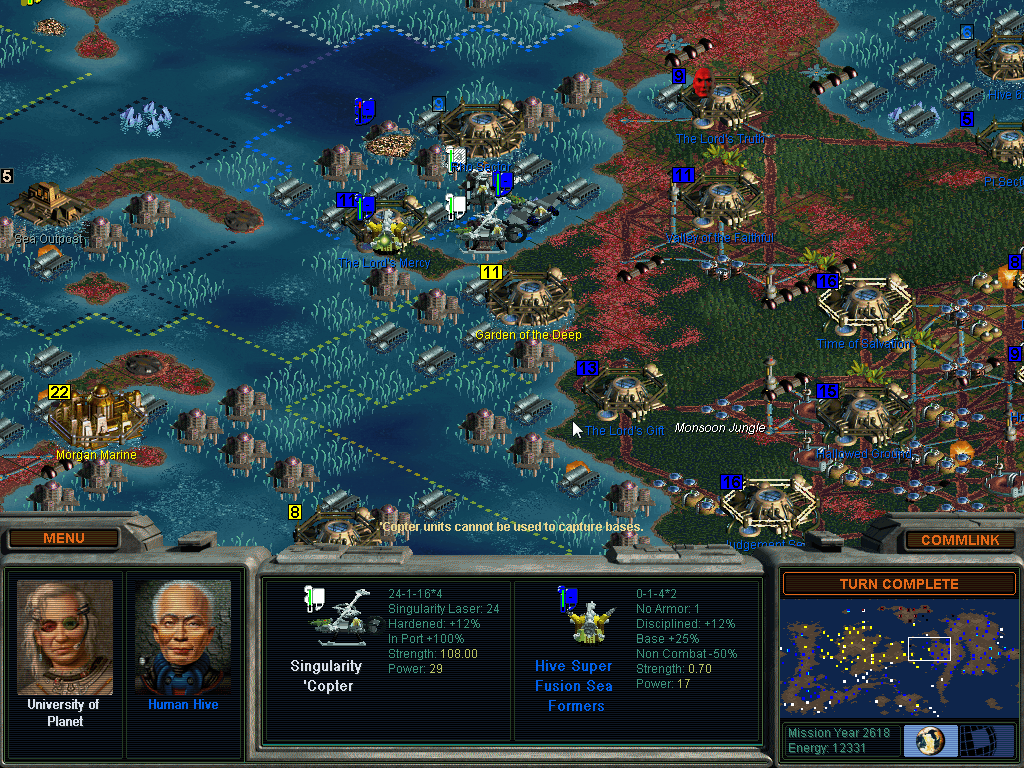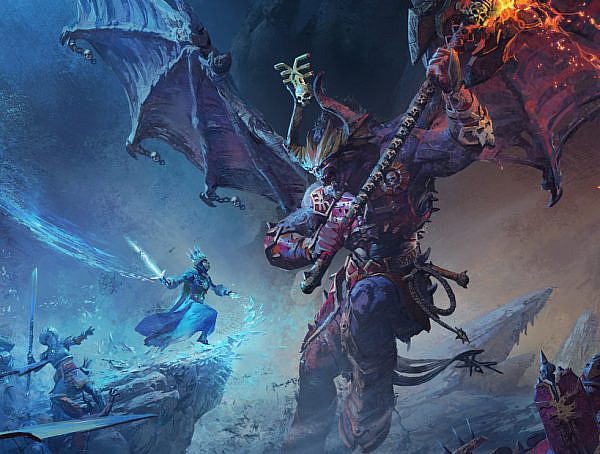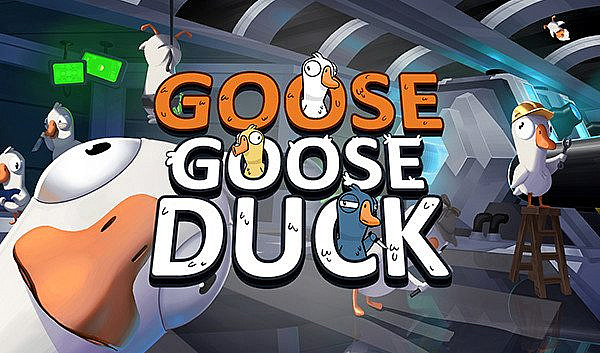4X gamer as a player mythology.
Johnathan Harrington’s article ”4X Gamer as Myth: Understanding through Player Mythologies” argues that acknowledging video games as textual systems helps scholars to apply pre-existing theories and research on digital games, which in turn would make for better game analysis and potentially allow automated game development. One area that could benefit from such approach is the study of “4X” strategy games, as their units could be understood semiotically (as signs/symbols).
When using such a framework, the way in which objects are perceived is divided into three categories: as signs, as signifiers and as being signified. The sign is the object itself as it exists in the actual world while the latter two words explain how the word is actually understood by people. Many words conjure up additional meanings in peoples’ minds. In video game context, this translates to gaming and genre conventions. For example, a vase is an ornament that’s meant to hold things (such as flowers) in it, but in the Legend of Zelda series, they often contain rupees (a form of currency) that can be discovered by breaking them. Thus the series has conditioned its players to break vases whenever playing a Zelda game. This doesn’t change the definition of a vase, Zelda players still know the nominal definition of what a vase is and what’s its purpose, but within the gameplay context of Zelda games, their primary function is to get smashed by the player.
The meaning of these signs is constantly being renegotiated. For example, the words “gay” and “queer” didn’t use to refer to homosexuality, but rather to joviality and strangeness respectively. Nowadays the original use of those words has become dated, they are primarily used to describe homosexuality. Even though the common definition of those words has changed, people still understand when reading old literature that when writers described things as “queer”, they meant that something was weird or strange.
These context sensitive signifiers help to create so called mythologies. These mythologies consist of shared understanding of certain signs amongst a group of people with a shared interest. In video games, this translates to how players read different abstractions of the game world. For instance, in case of 4X strategy games, beakers often signify scientific and technological advancements, while a shield signifies a unit’s defense rating. These genre conventions help to define the “4X gamer” mythology, even though some of those signifiers overlap with broader mythologies (other gamers, such as “RPG gamers” might also understand that shield with a number in it equals defense rating).
Harrington posits that “4X gamers” are a particularly suitable gamer mythology to analyze, as 4X games tend to have consistent objectives and mechanics. 4X strategy games revolve around empire building, are mostly themed after sci-fi, high fantasy and high history settings and are almost exclusively played on PC with the mouse as the dominant control method. Other genres, with more variance in narrative themes, game objectives and design are harder to pin down to such a precise category. For example, if there was a platformer mythology, it would be very broad and hard to define. Even if you narrow the scope down only to puzzle platformers, that umbrella term would still contain vastly different games in it, such as Portal and Klonoa, which don’t share almost anything in common with one another.
Harrington also proposes that with better understanding of 4X gamer mythology, you could theoretically create a program that generates 4x games or makes content for them. You could thus replace a game’s theme (from science to steampunk based fantasy world) or unit types (replace oil with unicorn magic as the main energy source), as the mechanical functionality of the game would remain the same. He even argues that this way you could also address the issue of how intrinsic colonial rhetoric is in the design of 4X games: by generating a game where you would play as the non-civilization (barbarian horde) of a Civilization game, you could subvert that feature and critically reflect upon it while still working within the narrative and mechanical confines of the genre. That is possible by adopting the language, the signs, of 4X games and renegotiating them.
Original article: http://www.digra.org/wp-content/uploads/digital-library/paper_1091.pdf
Image sources:
(1) Firaxis Games.
(2) http://cdn.escapistmagazine.com/media/global/images/library/deriv/657/657077.png
You might also like
More from Game Research Highlights
How do you want to do this? – A look into the therapeutic uses of role-playing games
Can playing RPGs contribute positively to your wellbeing? A recent study aims to find out how RPGs are being used …
Eldritch horrors and tentacles – Defining what “Lovecraftian” is in games
H.P. Lovecrafts legacy lives today in the shared world of Cthulhu Mythos and its iconic monsters. Prema Arasu defines the …
Are Souls Games the Contemporary Myths?
Dom Ford’s Approaching FromSoftware’s Souls Games as Myth reveals the Souls series as a modern mythology where gods fall, desires …

















